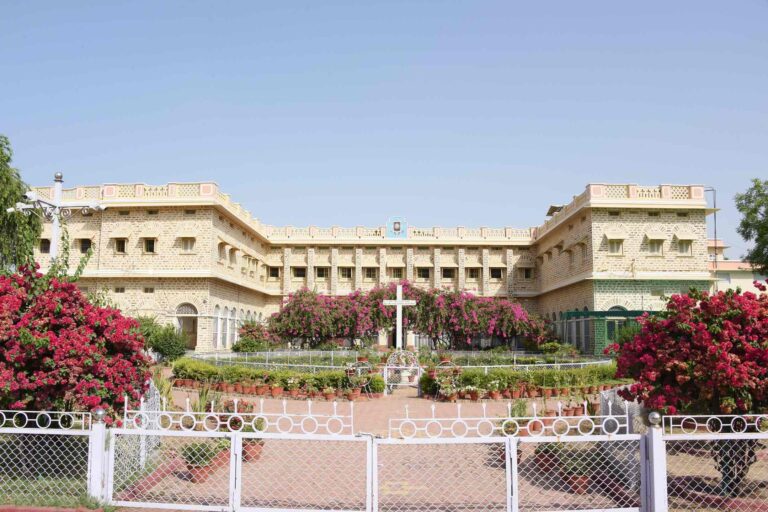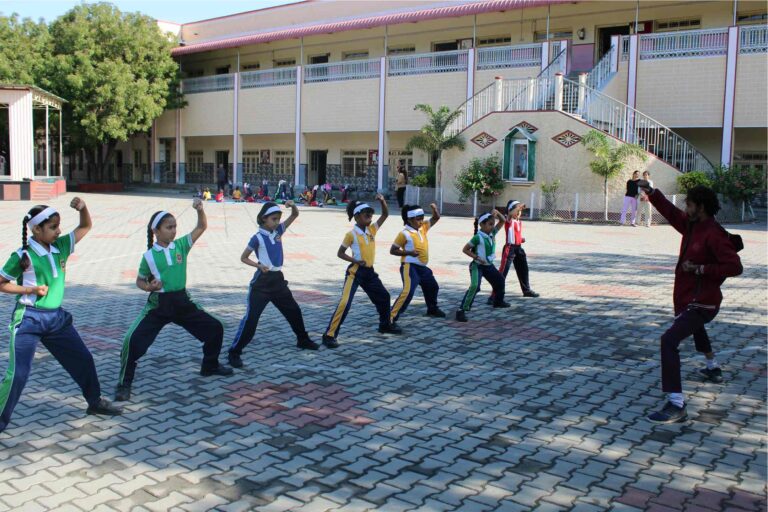WELCOME
to
SOPHIA SR. SEC. SCHOOL, Ajmer
Empowering young minds
for a limitless future.
Journey to Excellence: Sophia School Ajmer Success Chronicles
Recent Activities
NEWSBITeS
Upcoming
--- --- Secondary Section --- ---
- 14th Feb To 13th March - Annual Examination 2025-26
- 1st April 2026 - Annual PTM
--- --- Primary --- ---
--- --- KG Section --- ---
Blogs
Principal's Message

Dear Parents and Students,
Welcome to Sophia Sr. Sec. School, Ajmer, where every day is an opportunity for growth, learning, and excellence. As the principal of this esteemed institution, I am delighted to extend my warmest greetings to each one of you. Our school is a place where students are encouraged to explore their passions, develop their talents, and achieve their full potential.
…Read More
Sr. Jessy Joseph
PRINCIPAL
About School
Way back in 1919, the far-sightedness of Our Founders- Rt. Rev. Bishop Fortunatus Henri Caumont and his enthusiastic sister Rev. Mother Mary Matilda worked earnestly for Women’s Education. In the 19th century and early 20th century, Indian women, specially in Rajasthan, had a glorious past. In spite of it, they were kept behind the purdah. They were married off as children and relegated to the background. Society can never be normal unless men and women play a complimentary role. The labours of our two pioneers laid the foundation of ‘SOPHIA’. It was born on June 29, 1919 and cradled in the present St. Francis Hospital on Beawar road, Ajmer.

The beginning of the Mission Sisters of Ajmer (MSA) Education System was laid first in 1913 in a school, in the city of Ajmer for the poor street children and orphans. It was known as St. Imelda’s school. In 1919 the Rt. Rev. Henry Fortunatus Caumont our Founder, established the first Sophia School in Ajmer for the education of disadvantaged girls. He was the first Bishop of the Ajmer Diocese which covered then, practically the whole of Rajputana (the present Rajasthan). Hailing from the beautiful land of France, Rev. Fr. Fortunatus Henry Caumont O.F.M. Cap, came to India as a young missionary priest in 1897. Being a man of vision and foresight he realized that the extreme backwardness and illiteracy of the people especially in the rural areas could be eliminated only if the women were given basic education. This was particularly the case of Rajput women. While the men enjoyed the rights of a princely feudal system and the best of education in the ‘Princes’ College of Mayo at Ajmer, woman’s education was neglected.





















